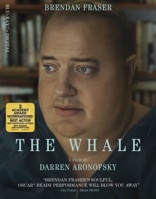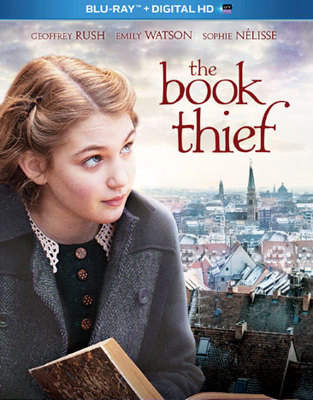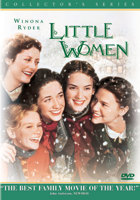Boogie Nights
Select Format
Select Condition 
You Might Also Enjoy
Product Description
Boogie Nights: Platinum Series (Summer2015MM/DVD)In 1977 sex was safe; pleasure was a business ... and business was booming. Mark Wahlberg, Burt Reynolds, Julianne Moore, Don Cheadle and William H. Macy star as a family of filmmakers struggling to redefine and revolutionize the adult entertainment industry in Boogie Nights. Idealistic producer Jack Horner (Burt Reynolds) aspires to elevate his craft into an art form. Teenager Eddie Adams (Mark Wahlberg) discovers a talent that will propel him to celebrity as adult entertainer Dirk Diggler. Now, at a time when disco and drugs are in vogue, fashion is in flux and the party never seems to stop, dreams of turning sex into stardom are about to collide with cold, hard reality.]]> This description may be from another edition of this product.
Format:DVD
Release Date:January 1
Rating:R (Restricted)
Director:Paul Thomas Anderson
Starring:Mark Wahlberg, Julianne Moore, Burt Reynolds, John C. Reilly, Don Cheadle
Weight:0.22 lbs.
Dimensions:0.5" x 5.0" x 7.5"
Customer Reviews
10 customer ratings | 5 reviews
There are currently no reviews. Be the first to review this work.









































